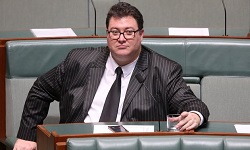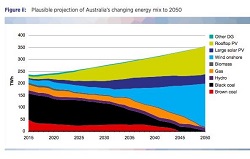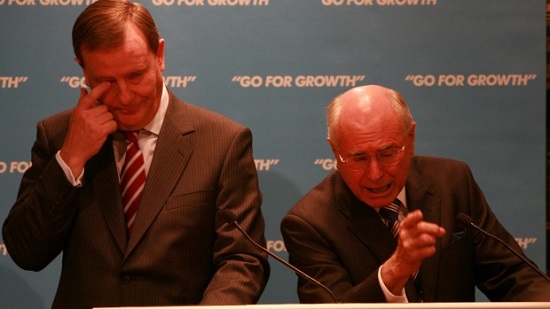According to Malcolm Farr, when the Finkel review appeared, this is what Malcolm Turnbull said about the Clean Energy Target:
- “Well it would certainly work, there is no question it would work and we are looking at it, giving it very favourable consideration.”
Rafael Epstein interviewing Josh Frydenberg on RN Drive replayed Turnbull’s audio, saying also the CET had “strong virtues”. Continue reading Turnbull to walk away from the Clean Energy Target

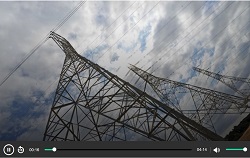
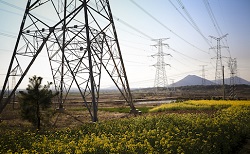
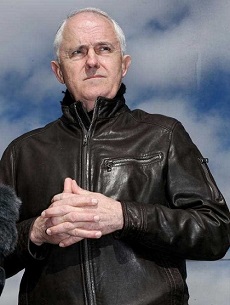 While Malcolm Turnbull equivocates on a Clean Energy Target, he has called the electricity retailers to Canberra once again to jawbone them about electricity prices. Yet the industry keeps telling him the single factor most needed to bring electricity prices down is more investment in renewable energy, which would be facilitated by a Clean Energy Target (CET).
While Malcolm Turnbull equivocates on a Clean Energy Target, he has called the electricity retailers to Canberra once again to jawbone them about electricity prices. Yet the industry keeps telling him the single factor most needed to bring electricity prices down is more investment in renewable energy, which would be facilitated by a Clean Energy Target (CET).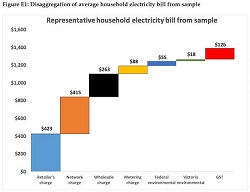
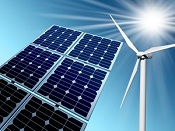
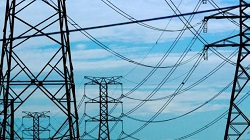
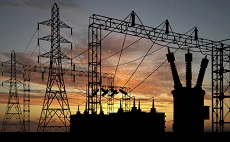

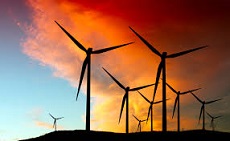 Wind power, seen as inherently evil by our national government, was in danger of taking over in South Australia. So something had to be done to slow it down, right?
Wind power, seen as inherently evil by our national government, was in danger of taking over in South Australia. So something had to be done to slow it down, right?